While looking for something else I stumbled upon a piece of work that has quite captivated me. It has been theorized for some time that the writers of the New Testament gospels were drawing on earlier texts, hypothetically identified as 'Q', a 'sayings gospel', and an earlier passion narrative. This lost passion work, a short narration based on the arrest, interrogation and crucifixion of Jesus Christ would have formed the basis of all later accounts. Livio Stecchini (1913-1979) theorized a lost play by the Roman dramatist Seneca as the original source and then went to some lengths to reconstruct a thorough account of the work. It was edited and completed by Jan Sammer, and published as a book I think circa 1987, then put online around ten years ago. Sammer has popped up on bible discussion forums from time to time to draw attention to it, but it has never got as much as it deserves, not counting an occasional poo-pooing, and casual dismissal. It's even more preposterous than From Hell, as well as ingenious. And when confronted, it demands not fact checking and nit picking, but robust applause. A story is a story. It may never have existed in antiquity, but it does now, and it is an engaging piece of creative scholarship. A paragraph from the opening, and one from near the end, regarding what was in the sponge:
The Gospel According to Seneca
But I have work to do.
The Gospel According to Seneca
The nine tragedies of Seneca formed a philosophical whole, beginning with The Mad Hercules, in which some weighty moral questions are posed, and culminating with Hercules on Oeta, where the soul is at last liberated from its bodily prison. It is reasonable to assume that this series originally included a historical drama, a fabula praetexta, in which the lessons expounded in the nine tragedies were applied to a contemporary subject. It is our hypothesis that this historical drama, which is now lost, was Seneca’s tragedy of Jesus. When Lucilius decided to omit the tragedy of Jesus from the collection of Seneca’s works, he substituted for it his own recently completed Octavia, a play for which he could expect to find an appreciative audience in the wake of Nero’s overthrow. But while Lucilius’ Octavia is a vitriolic piece of political propaganda, having no organic relationship to the nine extant plays of Seneca, the tragedy of Jesus, as we reconstruct it in this book, was an eloquent summation of Seneca’s philosophical ideals and a monument to his mastery of the dramatic art.The authors use the classical stage conventions, such as the unities and the chorus, etc. to explain the comings and goings before the high priest and Pilate et al. In particular, this hypothetical play, written in Latin for an audience of Roman culture, gives possible explanations of the anomalies and conundrums that exist in the four Gospel accounts of the Passion, written in Greek by writers from a different cultural background:
Poisoned wine.I can get lost all day in such analytical complexities.
Mark, unable accept Seneca’s version, preferred to understand medicatum vinum as meaning wine treated with myrrh. Matthew, realizing that Mark’s account does not make sense unless it is a matter of poisoned wine, changed the interpretation of medicatum vinum to the more correct one of wine mixed with gall. In order to make clear that it was not a desirable drink, such as wine with myrrh would be, he added that Jesus refused the drink after having tasted it.
Seneca’s text must have included the word fel which in ordinary Latin means gall, or bitter substance, but in poetic language is frequently used in the sense of poison. Seneca uses fel as a synonym of venenum poison. The clearest example is his Medea where Medea completes the preparation of the poisoned robe by mixing in the fel of Medusa (line 830); two lines below this the other ingredients of the fateful robe are called venena. Matthew caught the word fel, but missed that it was being used in the sense of poison. I have mentioned that the Greek equivalent of fel, which is cholê, may also carry this sense in poetry. Both Greek and Latin poets use these terms particularly in referring to the poison of serpents. But because the usual meaning of fel is bitter substance, Matthew understood that Jesus refused the drink after having tasted it.
The gospel of Luke contains only a brief reference to the episode of the drink. Luke was confronted with the problem of choosing between the report of Mark and that of Matthew. He realized, as Matthew had, that if one follows Mark’s report, it must be inferred that Jesus was offered poisoned wine and died of poison. Hence, Luke cut out the entire episode except for a passing reference.
But I have work to do.
Labels: Things you find when you were looking for something else
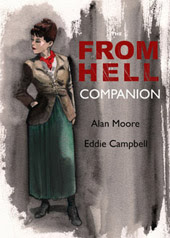
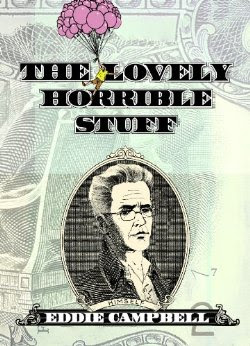

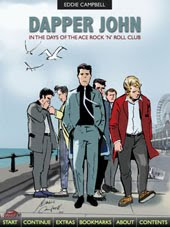
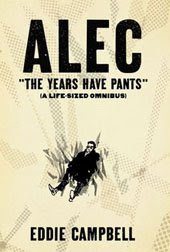
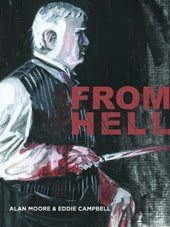

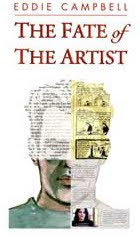

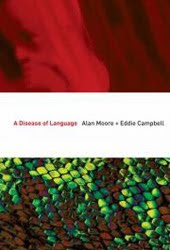
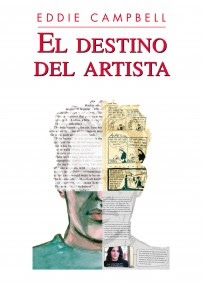
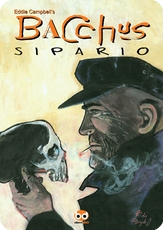
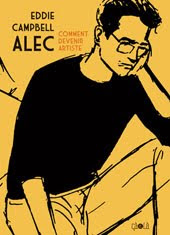

3 Comments:
I remember once hearing a whole sermon on the wine offered to Jesus on the cross, but I was about twelve, my interest waned about five minutes in, and I can't remember what point the preacher was trying to make...
wine talk can do that to a person.
I thought of your "Obsession" piece the other evening while enjoying a very inexpensive 1998 Rioja (courtesy of our marvelously eccentric and kind local wineshop, Odd Lots, specialists in serendipity) which had turned to cloves and allspice.
Post a Comment
Subscribe to Post Comments [Atom]
<< Home